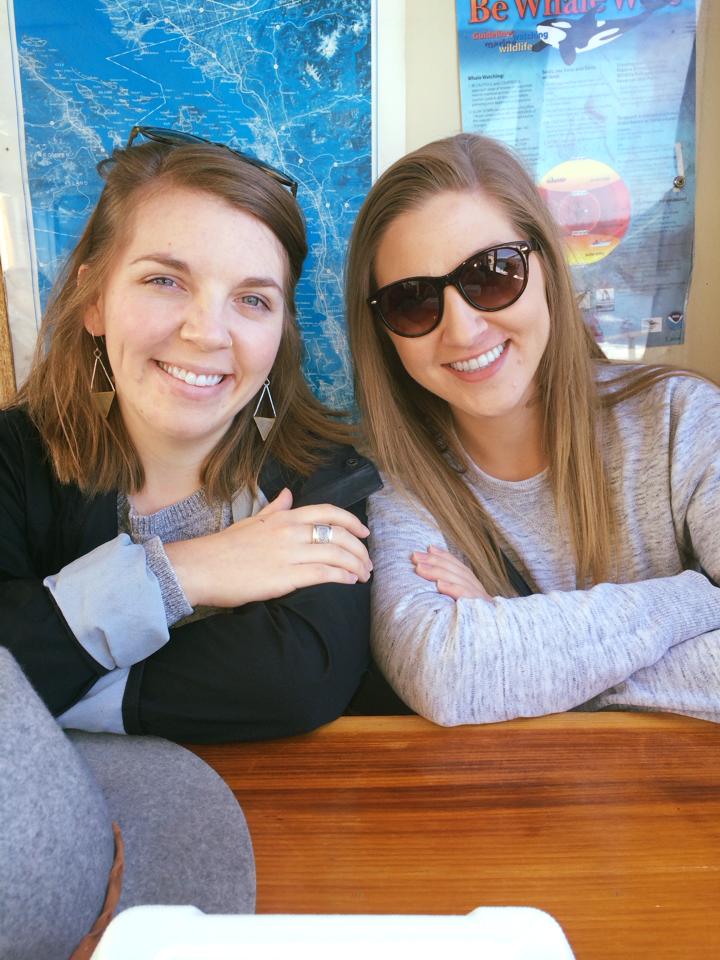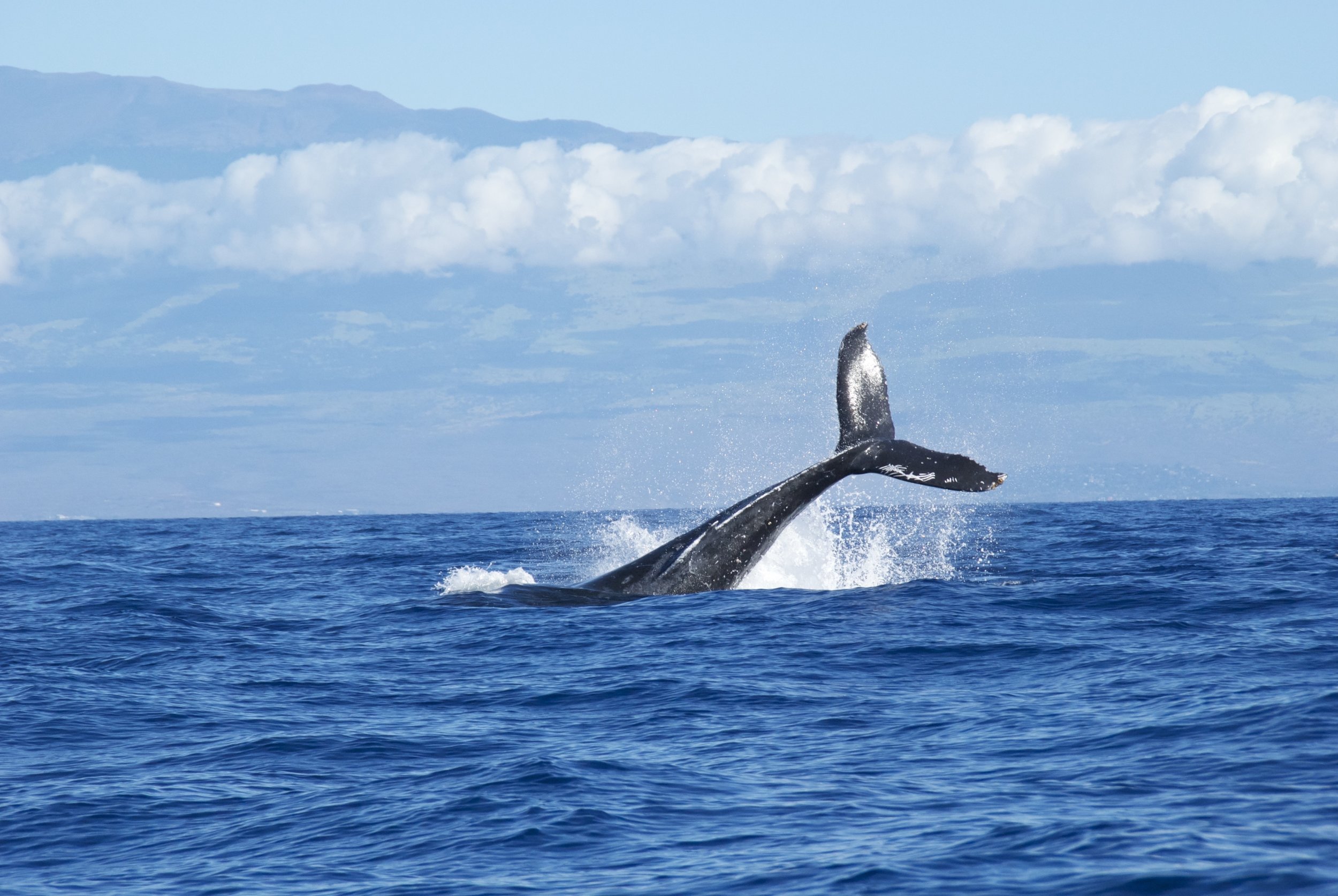What to Do When Desperation is Driving Your Career
Last summer, my mom, sisters and I took a weekend trip up to the San Juan Islands off the coast of Washington. If you haven't been there before, go. It's a magical place that helps you feel connected to the Earth again, in all of its green and watery splendor.

While we were up there, we went on a whale watching tour to see some of the Orcas that hang out around the islands. Did you know that there are actually separate kinds of killer whales? Some are solitary, most live in pods, and they're separated according to their food source (marine mammals v. salmon).
The resident Orcas off the coast of Washington have always eaten salmon - that rich and fatty food source that was in abundance for millennia until we, you know, ruined their habitat.
Our guide Natalie let us know that in the past few years, the salmon supply has been too low to sustain the Orcas, leaving the hungry creatures with only two options:
Find a new food source in their existing habitat or swim farther and farther to find more salmon.
This got me thinking about what us modern-day humans do when our food source (read: purchasing power) is in short supply.
Ideally, we'd all have a year's salary in savings and live well within our means so that if we did lose our jobs or income source, we could float to the next thing without any desperation.
For most of us, that's just not where we are. If our income source runs dry, it can leave us feeling desperate and crazed as we search for the next thing that will pay the bills.
What do we do when we're in this place? It can be easy to make decisions that we might regret when we're in this state, and my goal in this post is to offer two strategies that keep you buoyed amidst the storm.
The first thing to focus on when the food source has run out is to secure a new source of nourishment. Do as the Orca do: stay where you are and switch things up, or get out of your comfort zone and reach for more of what you had.
Finding the food is non-negotiable. Maslow's hierarchy of needs is real, and even if it means you don't step into your forever job right away, you'll feel so much better knowing you can support yourself financially through this time.
In today's economy, there are more ways than ever to find side hustles and gigs that can bring in some extra income. You've got ride sharing sites like Uber and Lyft, services like Instacart and Task Rabbit, and lots of contracting sites like Fiverr and Upwork.
There are also temp agencies and, if you've got more experience, plenty of opportunities to start consulting or work with agencies as an independent contractor.
 No matter what, secure the food source first.
No matter what, secure the food source first.
Once you've done that, if you know the food source you've found is only temporary, you'll want to work on finding one that feels better to you.
This is the part where I see a lot of people in career transitions struggle: they get some kind of income stream secured but then still operate from a place of scarcity and desperation.
I totally get this - I've been there. You find the temp job, the contract gig, or whatever, but since it's not your top choice, you hustle and beg like crazy for something better.
Unfortunately, this usually means that our ego-driven, fear-based brains have taken over, which can be a recipe for disaster. The people we network with or interview in front of can smell the desperation all over us, which isn't very alluring.
So we have to commit, maybe more than ever, to the practices that ground us.
We have to exercise, meditate, play music, or do whatever it is that reminds us that we are going to be okay. We have to connect with our intuition every day and let that guide us instead of the parts of our brain that say "you're not good enough."
Having grounding practices and really focusing on the mental discipline it takes to stay positive are what's required in order to draw in and then recognize which opportunity is the right one for you.
I've seen this play out over and over again in my own life: if I'm feeling desperate or needy or making career decisions out of fear, I end up in situations that are not in my best interest. I compromise. I talk myself out of what I know I need.
 If you, like the Orcas in the San Juans, are facing a major shift in your ecosystem, do whatever it takes to meet your basic survival needs.
If you, like the Orcas in the San Juans, are facing a major shift in your ecosystem, do whatever it takes to meet your basic survival needs.
After that, though, it's all about balancing the hustle and job searching with intuitive, centering work that reminds you of who you really are, which is someone capable of creating a worklife you really love.
If you've been in this space of desperation before, I'd love to know how you managed! If you're there now, take heart: it's only temporary. You can hop on over to my Facebook community to share your story and hear from others.
